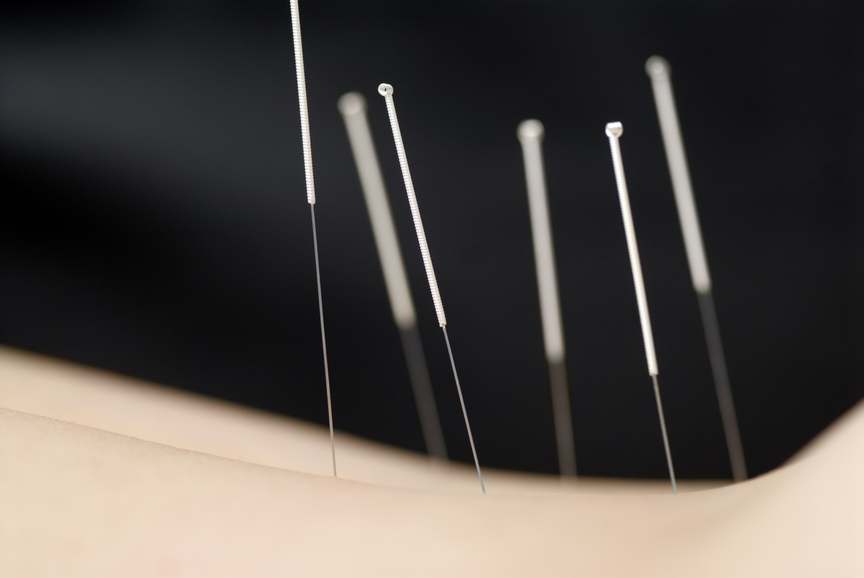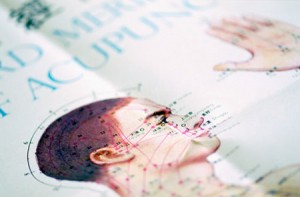ABOUT ACUPUNCTURE

The theory and practice of acupuncture is based on Asian medicine (also known as traditional Chinese or Oriental Medicine), a comprehensive natural health care system that has been used in Asian countries for thousands of years to preserve health and diagnose, treat and prevent illness.Acupuncture treats health conditions by stimulating “acu-points” found at specific locations on the surface of the body. Stimulation of the acu-points is achieved by inserting very thin needles through the skin to produce physiological effects.The general theory of acupuncture is that proper physiological function and health depend on the circulation of nutrients, substances, and energy called Qi through a network of “channels” or “meridians”. This network connects every organ and part of the body, providing balance, regulation, and coordination of physiological processes.The general theory of acupuncture is that proper physiological function and health depend on the circulation of nutrients, substances, and energy called Qi (pronounced “chee”) through a network of “channels” or “meridians.” This network connects every organ and part of the body, providing balance, regulation, and coordination of physiological processes.Pain and ill health result when the flow of Qi through the body is disrupted or blocked. This can be caused by many things, including disease, pathogens, trauma/injuries, and medication (side effects), as well as lifestyle factors such as overwork, poor diet, emotions, lack of rest, and stress.
 Stimulation of the appropriate acu-points through acupuncture treatments helps to restore sufficient, continuous, and even flow of Qi and other nutrients throughout the body, restoring health and balance to the body while relieving pain and other symptoms.
Stimulation of the appropriate acu-points through acupuncture treatments helps to restore sufficient, continuous, and even flow of Qi and other nutrients throughout the body, restoring health and balance to the body while relieving pain and other symptoms.
The acupuncturist uses a sophisticated and complex system of diagnostic methods that take into consideration the person as a whole, discerning the body’s pattern of disharmony rather that isolated symptoms. The aim is not only to eliminate or alleviate symptoms, but more importantly to treat the underlying cause, increase the ability to function, and improve the quality of life.
The potential benefits of acupuncture are widely recognized, and it is steadily being integrated with mainstream health care.
– based on California Acupuncture Board
CONDITIONS
Acupuncture is recognized by the National Institute of Health (NIH) and the World Health Organization (WHO) to be effective in the treatment of a variety of medical problems. Commonly treated conditions include:
- allergies / asthma
- anxiety / depression
- arthritis / joint problems
- bladder / kidney problems
- constipation / diarrhea
- common cold
- digestive disorders
- dizziness
- fatigue
- fibromyalgia
- headaches
- high blood pressure
- menstrual problems
- menopausal discomfort
- neuralgia
- pain
- paralysis / numbness
- skin problems
- stress
- weight control
